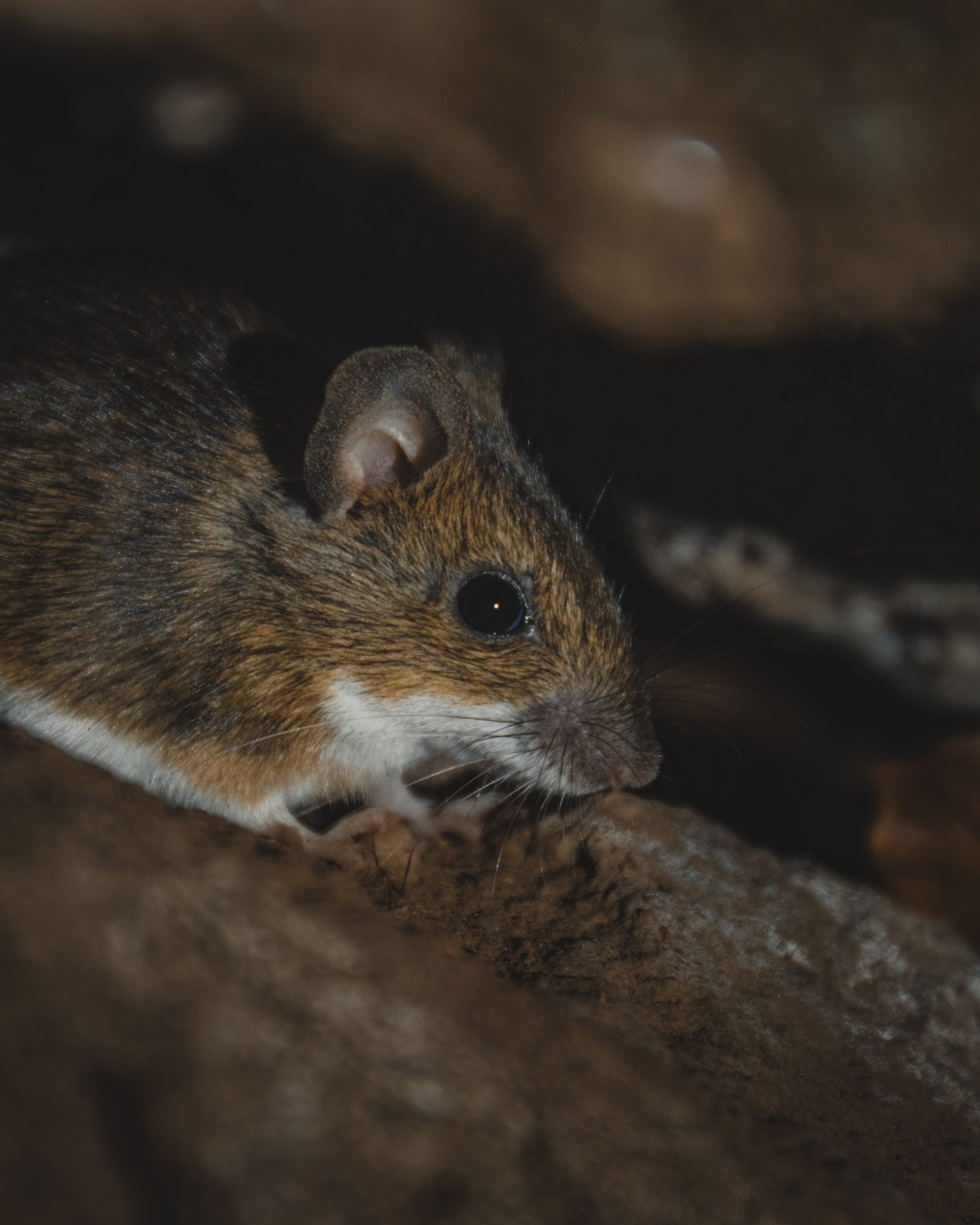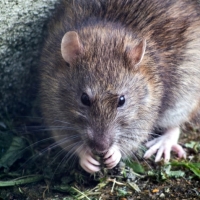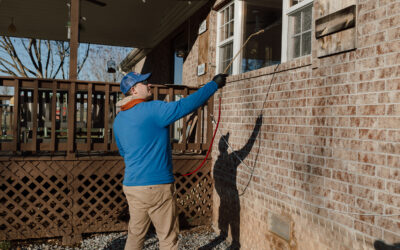
How to scare mice away from my house
Mice are cute, but spotting an unwanted mouse in your home can be a frustrating and unsettling experience. These tiny rodents can cause a lot of damage, contaminate your food, and even spread diseases within your home.
If you’ve noticed mice in your home, or want to know how to scare them away from your house without resorting to harmful chemicals or traps, you’re in the right place!
Seal entry points
Mice are very small, which means that they can enter your home even through the tiniest cracks and gaps. Start by thoroughly inspecting the exterior of your house for potential entry points. Seal openings with caulk, weatherstripping, or steel wool.
Pay close attention to gaps around windows, doors, vents, and pipes.
Keep it clean
While seeing mice in your house doesn’t mean that you’re filthy, it is true that a clean and tidy home is less attractive to mice.
Be sure to keep food stored in airtight containers, and promptly clean up crumbs and spills. Regularly take out the trash, too.
Mice are instinctively drawn toward accessible food sources, so eliminating all possible temptations is a great way to deter them. They also enjoy cluttered and disorganized spaces where they have plenty of room to hide and nest.
Make it a point to declutter storage areas, like basements and attics, and keep your items stored in sturdy, sealed containers. Minimizing possible hiding spots can make it much harder for mice to establish a presence in your home.
Natural repellants
While some mouse infestations might require the services of a professional, you can always try out some natural repellants first.
Substances like peppermint oil, clove oil, and cedarwood oil are all repellent to mice. Soaking cotton balls in these oils and placing them in areas where mice might enter or gather can discourage them from coming in or sticking around.
As an added bonus, peppermint oil is a natural deterrent for all kinds of pests, from spiders to cockroaches!

Repellent devices
Ultrasonic repellent devices emit high-frequency sound waves that are inaudible to humans, but irritating to mice. These devices can be plugged into outlets in your home.
Keep in mind that their effectiveness might vary, and they usually work best in combination with other prevention methods.
Natural predators
While feral cats can be invasive and problematic themselves, they do function as pest control for mice. Birds of prey, like owls and hawks, are also known to hunt mice.
You can encourage these predators to visit your property by providing nesting boxes, bird feeders, or treats.
Leave it to the pros
Keeping mice away from your home can be achieved through a combination of preventative strategies and maintenance. Making it as difficult as possible for mice to enter and nest in your home, or access food, is definitely effective at deterring them from entering your space.
However, a more serious infestation might require the help of a professional pest control service. If you’re dealing with a mouse problem and aren’t sure what to do next, give West Termite & Pest a call today!
More posts from West Termite, Pest & Lawn
Pestproofing Entry Points Before Spring
As spring approaches in Arkansas, homeowners face an increased risk of pests seeking warmth, food, and shelter. Many infestations begin with small, unnoticed entry points that allow insects, rodents, and other pests to move indoors. Pestproofing your home before the...
Early Spring Termite Activity in Arkansas
As Arkansas begins to warm in early spring, homeowners may assume termites remain dormant until the summer months. In reality, spring termite colonies can become active much earlier, especially as soil temperatures rise and moisture levels increase. Subterranean and...
Preparing Your Home for Early Spring Pests
As winter fades and temperatures rise in Arkansas, homes become vulnerable to a fresh wave of early spring pests. Early spring is a critical time to take preventive action because insects, rodents, and other pests start emerging from dormancy, seeking food, warmth,...



